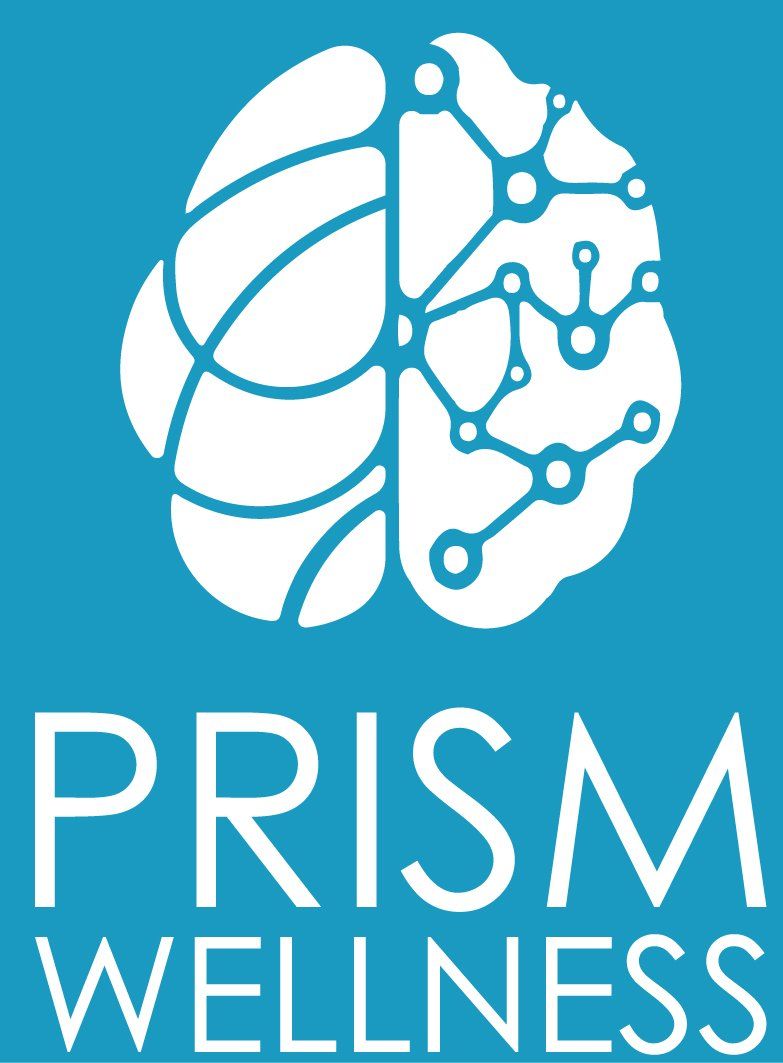Prism Wellness
Frequently asked questions about Therapy
How to find a therapist near me?
A question we often ask new clients when we meet them for the first time is “What brings you to therapy now?” It is not uncommon for the response to begin with “Well, I’ve been thinking about this for a while…” Choosing to engage with therapy can be a daunting decision. How do you find therapist who is a good match? How will you know if you are making progress? You’ve already tried everything—why would just talking about it help? These are big questions that sometimes deter us from trying to find a therapist—especially if we feel stressed out by life already. Below are some answers to help you identify the next steps that are right for you.
How do I know where to start in therapy?
Sometimes people are unsure where to start. After your assessment, your therapist will work with you to identify your goals for therapy. Your therapist may also use a worksheet, like this one, to identify areas that you may choose to focus on first.
How do I find a therapist that is a good match?
STYLE: Some people prefer a gentle approach, while others prefer a healthy confrontational style. Do you prefer a more laid-back energy, or are you comfortable with formal interactions? Is it important to you to know a few personal details about your therapist or do you prefer for your therapist to be a blank slate? It is the job of the therapist to use approaches in a therapeutic manner, though individual style is important to know and understand. You can share your preference during a consultation or when meeting with a therapist and see where the therapist lands.
SPECIALTY: Is the therapist trained in the area that you’re wanting support in? Asking the therapist a few questions about their background and areas of specialty are great ways to build rapport and increase trust in the therapeutic process. Sometimes, throughout processing, areas of need will arise that were not identified in the first few sessions. This is completely ok! You and your therapist will work together to identify if it is something that can be addressed together or if a referral to a more specialized therapist would be better.
SYNERGY: Simply put, do you feel comfortable collaborating with your therapist? Do you find yourself feeling safe exploring topics that would normally bring you feelings of shame? The therapeutic bond is very unique, and it is imperative to feel a sense of connection with your therapist in order to progress. If you don’t feel a connection with your therapist, that is completely ok! Your therapist will not be hurt if you feel your needs are better served with another professional. We trust that you know yourself better than we ever will and will honor your ability to advocate for yourself.
How will I know if I’m making progress?
In the beginning sessions, your therapist will work with you to create a document called a “treatment plan.” A treatment plan is a living document, meaning it is always available to be updated or changed. The purpose of a treatment plan is to assist us in tracking progress as well as keep us on track to address the needs that brought you into therapy in the first place. Often life can get stressful, and sessions turn into simply “venting” instead finding identifiable steps to help reduce stress or increase coping strategies. While venting is completely okay at times, you may not see or feel progress if the venting doesn’t lead to some productivity. If you ever feel you’re not making progress- bring it up in session with your therapist!
I’ve already tried everything—why would just talking about it help?
Think of all of the therapists you’ve seen in movies, TV shows, or read about in books. THERAPY. IS. NOT. THAT.
Therapy is not simply “just talking.” Therapy can also help you confront areas of your life that you may think are “fine,” when in fact they are causing you distress. Therapists pull from various modalities to help you get to better understand yourself, your patterns, and your choices. These modalities are evidenced-based approaches that are proven to help people identify their own strengths and use them to make changes within their lives. While change may take some time to occur, regular therapy appointments can assist clients in maintaining the motivation to change and to pour into areas of their own lives that they have full control of.
What do the letters behind the names of therapists mean?
LCMHC- Licensed Clinical Mental Health Counselor (formally LPC or Licensed Professional Counselor)
- Minimum of a Master’s degree in Counseling along with post graduate supervised experience.
- LMHC’s work in a collaborative approach with the patient to determine the best way for the counseling sessions to provide preferred outcomes.
- LMHC’s require advanced degrees and training to achieve licensure to operate.
- Refers only to those licensed by a state board to provide professional counseling based mental therapy.
- Must adhere to high standards regarding ethics and confidentiality as provided by the state board. Usually involves signing an ethics pledge or oath.
- Can be involved in direct therapy with patients in private practice.
- LMHC’s have access to a much broader field of potential models and methods for mental health therapies.
- LMHC’s provide an approach that is highly attuned to the individual and especially their decision making process to achieve client goals and objectives.
LCAS- Licensed Clinical Addictions Specialist
- Minimum of a Master's degree in a human services field with a clinical internship
- Scope of Practice includes Screening, Assessment, Engagement, Treatment Planning, Collaboration, Referral, Counseling, Education, Professional & Ethical Responsibilities
- Can be involved in direct therapy with patients in private practice
- Specially trained in the assessment, diagnosis, and treatment of Substance Use Disorders
LCSW- Licensed Clinical Social Worker
- Minimum of a Master’s degree in Social Work.
- Refers to those licensed by a state board to provide Social Work based mental therapy.
- Must adhere to high standards regarding ethics and confidentiality as provided by the state board. Usually involves signing an ethics pledge or oath.
- Can be involved in direct therapy with patients in private practice.
Might be a leader or part of a team conducting research for a university or private enterprise. - Uses researched based strengths based social work approach to treating clients.
- Can assess and make clinical evaluations of client’s mental health and diagnose mental illness.
- Make judgments on the best course of treatments based upon current clinical research in the social work field
NCC- Nationally Certified Counselor
- Board certified counselors who offer the highest standards of practice because they have met stringent education, examination, supervision, experience, and ethical requirements.
- Minimum of Master's degree with a major study in counseling from a regionally accredited program
- At least 100 hours of postgraduate counseling supervision over a minimum 24-month period
- Endorsement from a professional colleague who holds a master’s degree or higher in a mental health field
- At least 3,000 hours of postgraduate counseling work experience over a minimum 24-month period
CGCS - Certified Grief Counseling Specialist
- Minimum of a Master’s degree in counseling specialty or similar field
- Participated in a professional development training specific to grief and has ongoing continuing education to maintain certification
- Comes alongside clients grieving losses, whether caused by death or life circumstances, to support them through their loss
- Understands the way different people grieve through difficult times and facilitates healing, meaning-making, and growth from it
CTP- Certified Trauma Professional
- Minimum of a Bachelor’s degree or additional graduate-level coursework while doing work in a related human services field (e.g. counseling, social work, occupational therapy, etc.)
- 12+ hours of approved continuing education or professional development training in specific trauma assessment and treatment topics
- Required coursework includes discussions of major research within the field of trauma treatment, evidence based interventions, treatment phases, diagnostic criteria, trauma-related symptoms, assessment tools, developmental and cultural considerations, and more.
- 80% or higher score on final assessment pertaining to information learned in accredited course
How do I pay for therapy services?
Prism Wellness is able to accept Aetna and MOST BCBS plans, including the State and Federal health plans as well as plans provided through most workplaces. Plans which include the UNC and Duke Health Alliance or plans purchased through Healthcare.gov are not accepted. If you are out of network, we are happy to provide a Superbill which can be submitted to your insurance company (so your sessions can go toward your Out of Network benefits). Payments are collected through our online secure portal.
What is a first therapy session like?
The first session will include you getting to know your therapist and your therapist getting to know you! Want to take the lead? Go for it. Not sure where to start? No problem at all. Your therapist will want to get to know more about what brings you in to therapy and what you'd like to get out of your sessions.
How can I prepare for a telehealth, virtual therapy appointment?
Please make sure you have a strong internet connection. Having headphones handy will also help in the event there is an echo. Lastly, please be in a space where you are able to have privacy-- this time is for you and you only!
Am I able to come into the physical office?
Each client is welcome to discuss the option of meeting face to face with their therapist!
We look forward to meeting you!
Call or send us a message and we can help you find the resources you need.
Contact Us
We will get back to you as soon as possible
Please try again later
Available via telehealth or in person at our office in Cary.
1140 Kildaire Farm Rd. Suite 307 Cary, NC 27511

